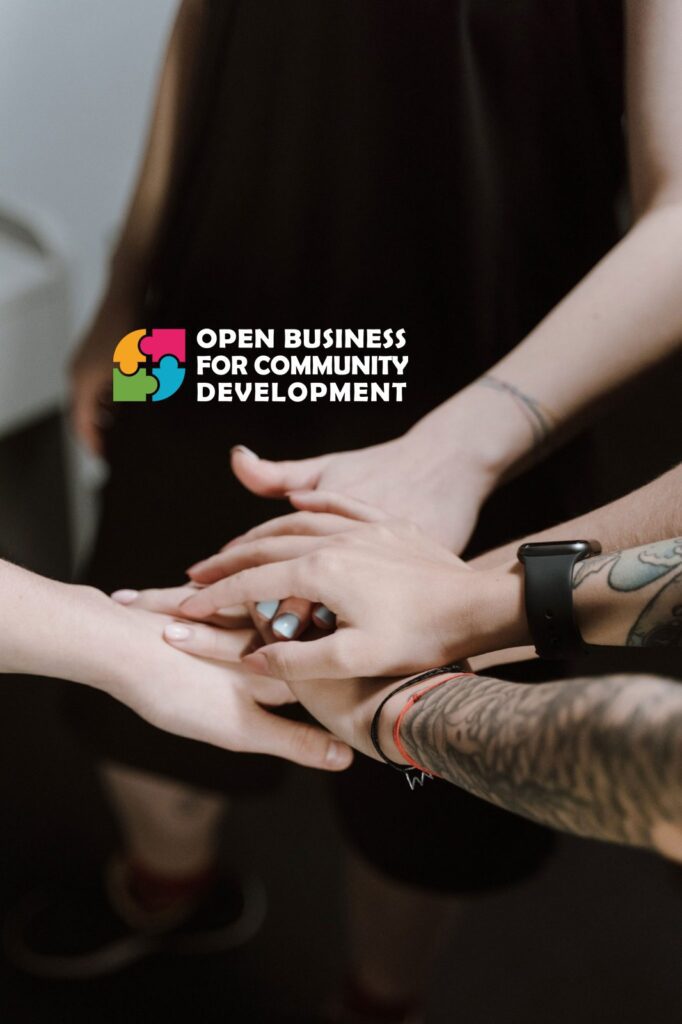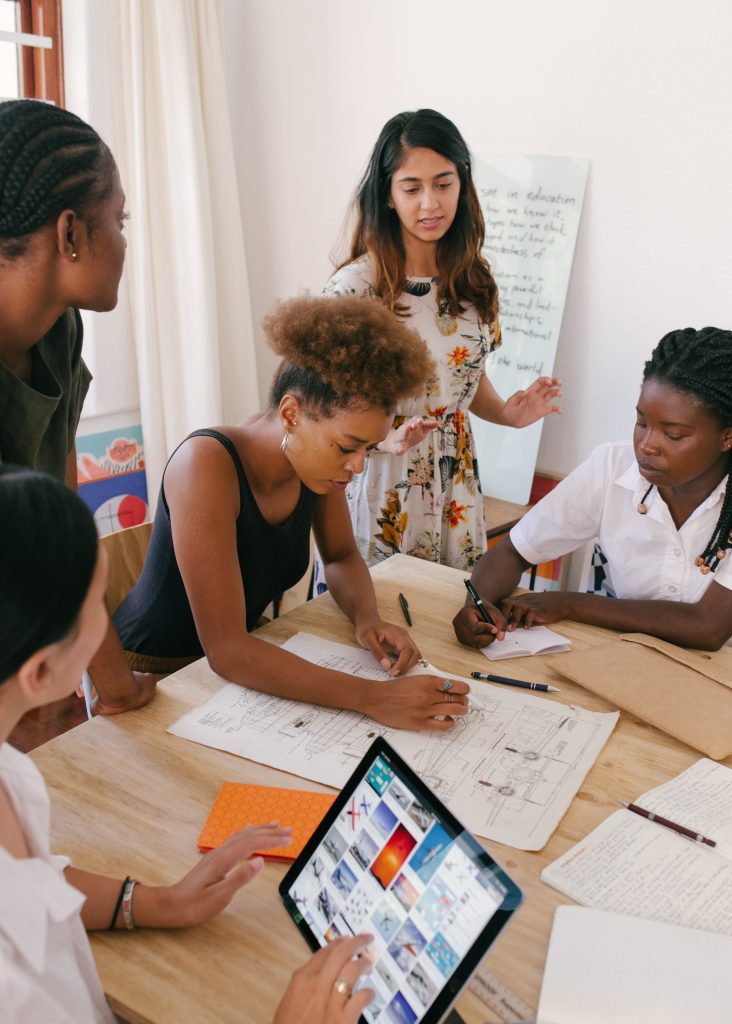OBCD has been playing an important role with students at the Roman University, starting from the Global Governance course where students participated in the OBCD pilot as part of the Management and Innovation course. This involved completing the modules on Innovation Management, Leadership and Diversity in SEs and Ecosystems and Networks, additionally, they worked with an Italian social enterprise and collaborated in project group works. The pilot was viewed as an innovative topic, and the feedback from all students was positive.

“What I particularly enjoyed about the OBCD pilot is the strict focus on a topic that pretty much is not covered by any university program. Furthermore, I liked the interactivity that characterized the pilot, as it made the project easier to understand, due to its complexity.”
-Gianmarco Masucci, student at University of Rome Tor Vergata
“Through the OBCD project, I had the opportunity to deepen my knowledge of innovation management, leadership, and the ecosystem and network of social enterprises—key elements for navigating the modern world confidently. I particularly enjoyed the learning platform’s structure, which provided concise yet comprehensive knowledge “pills” that allowed for further exploration of each topic if desired. Additionally, the platform offered constant feedback on the theory covered in each unit, enhancing my learning experience.”
-Marianna Seck, student at University of Rome Tor Vergata
Furthermore, students at the university used OBCD for their research by involving expert partners from the project in their thesis, leveraging their knowledge of social impact to conduct their research. This was the case for Aurora Pirozzi, a student who recently graduated from the Global Governance program, who wrote a thesis that focused on assessing the social impact of an educational activity. In detail, the thesis explores the social impact of educational activities, a topic that has often been linked primarily to social and hybrid enterprises in the past. However, she highlights that recent research has shown that understanding social impact is crucial not just in those areas, but also in education and other fields. This work specifically looks at how social impact can be evaluated in educational courses, what indicators might be the most effective for measuring this impact, and the process behind choosing those indicators. Aurora collaborated with OBCD to gather data and inputs from experts regarding the selection of indicators.
“In my thesis entitled “From Classroom to Community: Evaluating the Social Impact of Educational and Training Activities”, the collaboration with the Open Business for Community Development (OBCD) Project was invaluable. OBCD provided critical insights and resources that helped shape the evaluation tool I developed to assess the social impact of educational programs. The expertise and feedback from the OBCD network were key to refining the indicators and ensuring the tool was both comprehensive and practical. This partnership not only enhanced my research but also highlighted the importance of community-driven development in creating meaningful, sustainable impact.”, Aurora Pirozzi

Additionally, Nicolò Angelini a master’s student of European Economy and Business, also collaborated with OBCD in the development of his thesis, regarding the social impact of social enterprises. He focused especially on Social Impact Assesment (SIA), conducting a survey with the participation of OBCD partners, and gathering their expertise for data collection.
“I am a second-year MSc student at Tor Vergata University, currently working on my thesis, which focuses on measuring social impact in social enterprises. My involvement with the OBCD project provided me with the valuable opportunity to interview some key members, deepening my understanding of the subject. This experience not only pointed out how social enterprises are currently perceived but also revealed the real challenges these organizations face in addressing social impact. I am grateful to OBCD for this opportunity, as I am confident it will greatly benefit my academic and professional development.”, Nicolò Angelini.

